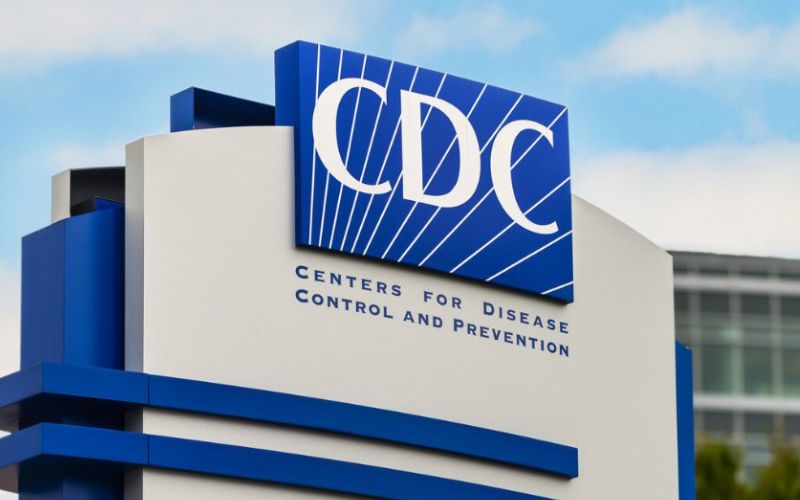
- Details
- By Elyse Wild
A Centers for Disease Control and Prevention (CDC) team supporting overdose prevention in tribal communities was reduced to a single employee last month as part of the Trump administration's sweeping effort to reduce the federal workforce.
Created in 2023, the seven-member Tribal Support Team, managed $18 million in funds for 10 tribal epidemiology centers, 15 tribes or tribal-serving organizations, and 7 urban Indian organizations (UIOs). The team ensured funding for culturally appropriate overdose-prevention measures like sweat lodges, traditional cooking classes and language revitalization programs.
Recipients of the grants include the Lummi Nation, Wabanaki Public Health and Wellness and the Great Lakes Inter Tribal Council, Inc. The cuts came as the team was collecting data on how tribes and UIOs utilized the 2024 funding and were preparing to distribute third-year funds.
Tribal communities are on the front lines of the nation’s ongoing opioid crisis, bearing some of the highest overdose rates of all racial groups. Even as national overdose rates declined from 2023 to 2024, Native communities have continued to see increases in overdose deaths.
Holly Billie (Diné) worked as a subcontractor for the CDC’s National Center for Injury Prevention and Control before her contract was eliminated last month. Billie, a retired public health service commissioner who spent three decades working for the CDC and the Indian Health Service, told Native News Online the cuts are devastating.
“This is something that is near and dear to my heart,” Billie said. “I was so heartbroken and disappointed when the injury center was basically dismantled. It's been heartbreaking to see all of these scientists and epidemiologists who work so hard for and on behalf of tribes just gone.”
Billie said the CDC cuts are a significant loss for Indian Country, particularly the manner in which the agency embraced a 2023 executive order by then-President Biden that stipulated federal agencies embrace Indigenous knowledge and tailor funding requirements to fit the unique needs of tribal nations. The tribal support team was one example of this, Billie said.
“The CDC is one agency that was very supportive of funding Indigenous knowledge and approaches,” she said. “And that is something that has not been done in unintentional injury in my entire career. It was really exciting to be able to tell tribes that you know you can decide on what you want to do, whether it's an Indigenous approach or a Western approach.”
The CDC operates under the Department of Health and Human Services (HHS). According to the Department of Government Efficiency (DOGE) website tracking federal spending and staffing reductions, more cuts have been made to HHS since January than any other federal agency. The New York Times reported in early April that the Trump administration has reduced the CDC’s staff by 18%, or 2,400 jobs.
More Stories Like This
Indian Health Service to Phase Out Mercury-Containing Dental Amalgam by 2027End of Enhanced Obamacare Subsidies Puts Tribal Health Lifeline at Risk
Santa Ynez Tribal Health Clinic to Host Free Pediatric Dental Clinic
Rez Vet Earns Global Recognition for Serving Navajo Nation's Animals
Chickasaw Nation Governor Bill Anoatubby leads groundbreaking for pediatric clinic


